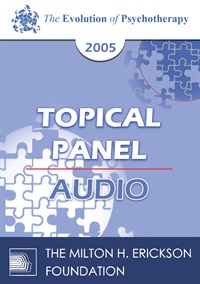EP05 Topical Panel 01 - The History of Psychotherapy - Albert Bandura, Ph.D., Nicholas Cummings, Ph.D., Albert Ellis, Ph.D., Thomas Szasz, M.D.
- Average Rating:
- Not yet rated
- Topic Areas:
- Topical Panels | Psychotherapy | History of Psychotherapy
- Categories:
- Evolution of Psychotherapy | Evolution of Psychotherapy 2005
- Faculty:
- Albert Bandura | Nicholas Cummings, PhD | Albert Ellis, PhD | Thomas Szasz, MD
- Duration:
- 1 Hour 04 Minutes
- Format:
- Audio Only
- Original Program Date:
- Dec 09, 2005
- License:
- Never Expires.
Description
Description: This panel looks back from 2005 at the rapid, often contentious evolution of psychotherapy, as foundational figures reflect on theory, practice, ethics, economics, and professional identity. Moving from behaviorism and cognitive approaches to questions of evidence, power, third-party payment, and the human relationship at the heart of therapy, the conversation captures both the breakthroughs and the unresolved tensions that shaped the field. It offers therapists and students a rare, candid view of psychotherapy’s struggles and ongoing questions about purpose, values, and who ultimately defines the work.
Educational Objectives:
- To compare and contrast clinical and philosophical perspectives of experts.
*Sessions may be edited for content and to preserve confidentiality*
Credits
Faculty
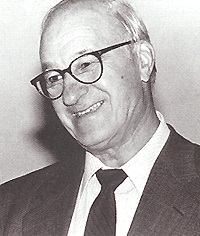
Albert Bandura Related Seminars and Products
ALBERT BANDURA, Ph.D., is Professor of Psychology, Stanford University. He has been elected to the American Academy of Arts and Sciences and the Institute of Medicine of the National Academy of Science. Dr. Bandura is a proponent of Self-Efficacy Theory. This theory and its diverse applications are presented in his recently published book, Self-Efficacy: The Exercise of Control.
Bandura has been responsible for contributions to the field of education and to several fields of psychology, including social cognitive theory, therapy, and personality psychology, and was also of incluence in the transition between behaviorism and cognitive psychology. He is known as the originator of social learning theory (renamed the social cognitive theory) and the theoretical construct of self-efficacy, and is also responsible for the influential 1961 Bobo doll experiment. This Bobo doll experiment demonstrated the concept of observational learning.
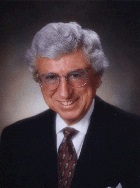
Nicholas Cummings, PhD Related Seminars and Products
Distinguished Professor, University of Nevada, Reno. President of the Cummings Foundation for Behavioral Health, Inc. Former president of the American Psychological Association and recipient of psychology's highest award, the Gold Medal for Lifetime Contributions to Practice. Dr. Cummings has founded over 20 organizations, including the California School of Professional Psychology, the National Academies of Practice, and the former American Biodyne, which remains America's only clinically driven behavioral health system. He is autlilor or editor of 38 books and over 400 referenced journal articles.
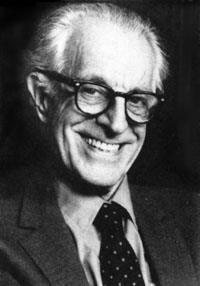
Albert Ellis, PhD Related Seminars and Products
Albert Ellis, PhD, was an American psychologist who in 1955 developed Rational Emotive Behavior Therapy (REBT). He held M.A. and Ph.D. degrees in clinical psychology from Columbia University and American Board of Professional Psychology (ABPP). He also founded and was the President of the New York City-based Albert Ellis Institute for decades.
He is generally considered to be one of the originators of the cognitive revolutionary paradigm shift in psychotherapy and one of the founders of cognitive-behavioral therapies.[2]
Based on a 1982 professional survey of US and Canadian psychologists, he was considered as the second most influential psychotherapist in history (Carl Rogers ranked first in the survey; Sigmund Freud was ranked third).[3][4] Psychology Today noted, "No individual—not even Freud himself—has had a greater impact on modern psychotherapy."[5]
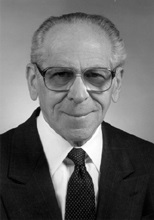
Thomas Szasz, MD Related Seminars and Products
Thomas S. Szasz, (M.D., University of Cincinnati, 1944) was Professor of Psychiatry at the State University of New York, Upstate Medical Center in Syracuse. He was recipient of numerous awards, including the Humanist fo the Year Award from the American Humanist Association and the Distinguished Service Award from teh American Institute for Public Service. He has received a number of honorary doctorates and lectureships, and served on the editorial board or as consulting editor for ten journals.
Szasz has authored approximately 400 articles, book chapters, reviews, letters to the editor and columns. He has written 19 books.


